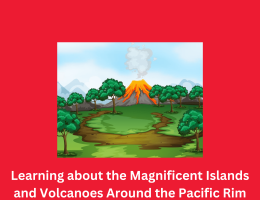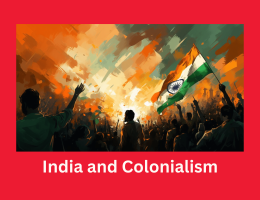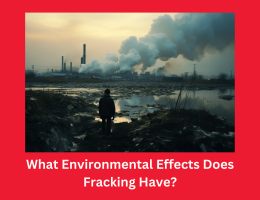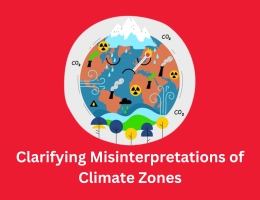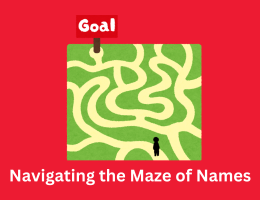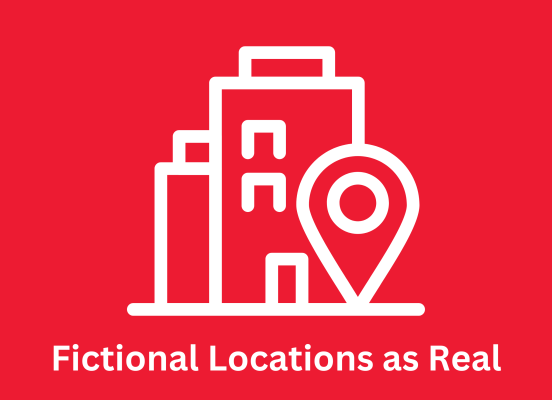
Disentangling Reality from Fiction: Exploring the Belief in Fictional Locations as Real
- By admin --
- Thursday, 07 Mar, 2024
Introduction:
For generations, the appeal of fantasy geographical regions has captured humans's imaginations, igniting stories of bravery, journey, and splendid environment. These made-up worlds provide the setting for a myriad of memories, myths, and legends, but a few humans conflate truth and fiction, thinking that locations like Middle-earth or Narnia are actual places on maps. We investigate the phenomena of fictitious settings being confused for actual bodily websites on this research, looking at the underlying motives and ramifications of this fascinating fallacy.
The Power of Imagination:
Fictional literature takes readers and placement visitors outdoor the boundaries of fact to magical worlds placed in novels, films, and folklore. These imagined worlds, which range from the large plains of Middle-earth to the enchanted forests of Narnia, offer an escape from the normal and a window into magical, legendary, and adventurous places. These fantastical settings are given existence via the use of the wealthy worldwide-building, excellent descriptions, and gripping stories written with the resource of authors collectively with C.S. Lewis and J.R.R. Tolkien. This creates a revel in of realism that makes it hard to distinguish amongst fantasy and reality.
Suspension of Disbelief:
The concept of suspension of disbelief, wherein internet web page site visitors voluntarily positioned apart their skepticism and lose themselves in the story worldwide this is being provided to them, is vital to gambling fictional works. Readers and location traffic are able to enjoy the imaginative elements of the story and momentarily take transport of the top notch way to this suspension of disbelief. But for unique people, the distinction among truth and fiction gets hazy, and that they begin to view fictitious places as real locations alternatively of truly works of fiction.
Cultural Impact and Collective Memory:
The continual attraction of a few fictional works can in addition obfuscate the traces placing apart reality from fiction, permitting imaginary places to grow to be ingrained in society's collective recognition. Famous locations, which include Oz from L. Frank Baum's books or Hogwarts School of Witchcraft and Wizardry from the Harry Potter books, turn out to be embedded in well-known manner of life, influencing vending, tour, and cultural allusions. Some human beings find out it more difficult and extra difficult to distinguish the various imagined and the real as those made-up worlds seep into extra regions of society.
Misinterpretation and Misinformation:
The idea that fictional locations are real additionally can be stimulated thru the abundance of facts available thru distinct media, along with books, movies, and the internet. Intentional or inadvertent misrepresentations of fictitious works have the functionality to lie to people into questioning that locations like Middle-earth or Narnia surely exist. Furthermore, within the generation of digital media, in which complex special effects and captivating storytelling techniques produce realistic depictions of fictional landscapes, the difference among reality and fiction may additionally furthermore turn out to be even extra hazy.
Psychological Factors:
Furthermore, mental techniques like wishful thinking, cognitive biases, and people's propensity to look for styles and meaning inside the worldwide round them can all be connected to the notion that fictional places are real. Some humans discover solace or a manner of coping with the demanding conditions of every day existence inside the concept of journeying to a fascinating location. Moreover, people's emotional capacity to adore made-up worlds can also form their perceptions, crucial them to extrapolate the veracity of those imagined landscapes to the real global.
Social and Cultural Context:
Other social and cultural factors that may affect the concept that made-up locations exist encompass folklore, the geographic loss of ancient records, and the narrative strength of close by agencies. Sometimes it's miles tough to differentiate among mythology, folklore, and fiction because of the fact imagined locations might also combo into close by myths and beliefs. People can also additionally moreover mistake truth for fiction because of misconceptions about geography or a loss of publicity to particular cultures and environment.
Implications and Consequences:
Believing that imaginary places exist may have excessive ramifications, irrespective of the fact that it can seem harmless or perhaps whimsical within the beginning. Ineffective tries to find imaginary places or reproduction their traits within the real global can result in unhappiness, time, and useful useful resource waste. Furthermore, the spread of fake information or misunderstandings approximately geographic realities can impede geographical literacy and feed international misconceptions.
Promoting Critical Thinking and Geographic Literacy:
In order to address the concept that fictional locations are real, it is vital to inspire geographical literacy and essential thinking abilities. Misconceptions may be lessened via education people the distinction among truth and fiction and through encouraging an popularity of geographic ideas and cultural range. In order to correctly navigate the complexity of the cutting-edge international, it's miles crucial to promote a healthy appreciation for fiction as a method of innovative expression and leisure at the identical time as stressing the importance of telling fact from fiction.
Conclusion:
The endurance of the attraction of fictitious worlds and the profound effect of storytelling on human perception are shown with the resource of the notion in fictional settings as real. Even even as within the international of literature and famous lifestyle the difference amongst truth and fiction can also become more hazy, it is essential to hold a important mind-set and increase geographic literacy. We can also navigate the wealthy tapestry of human invention at the same time as appreciating the splendor of the actual world by recognizing the power of creativeness and advancing a nuanced popularity of the sector round us.

